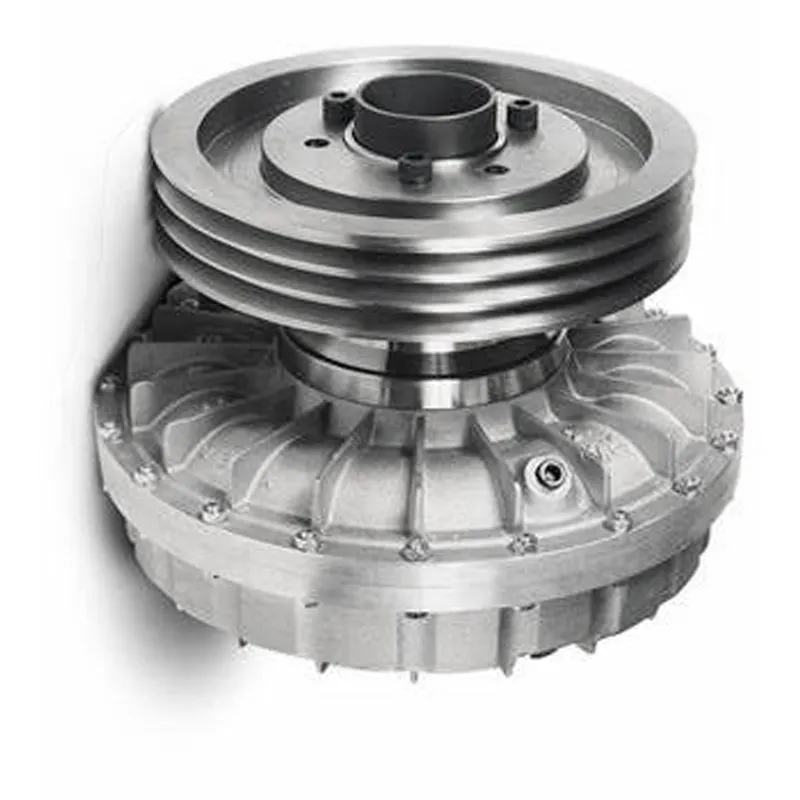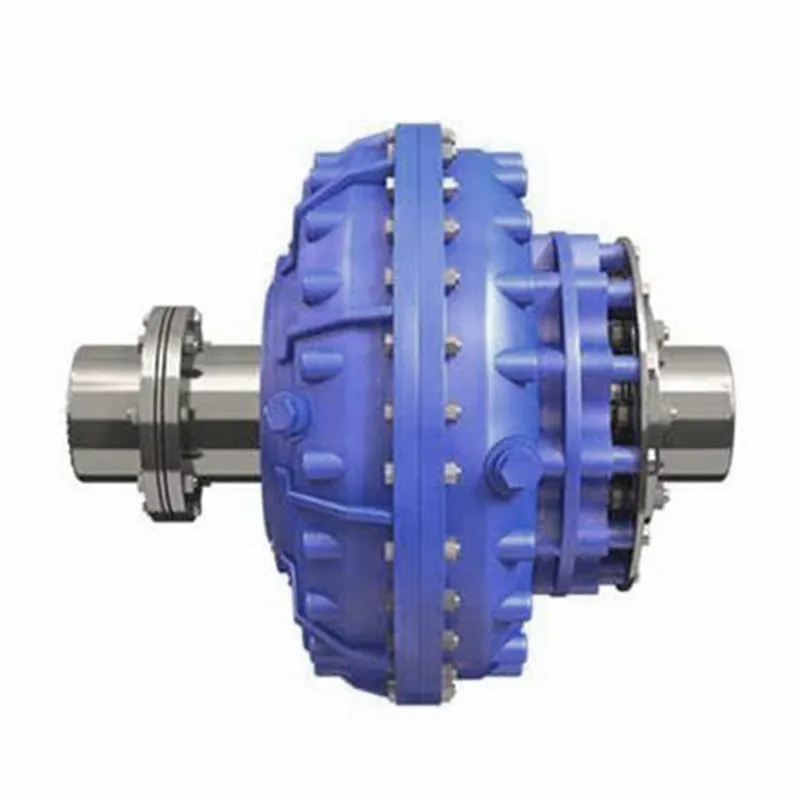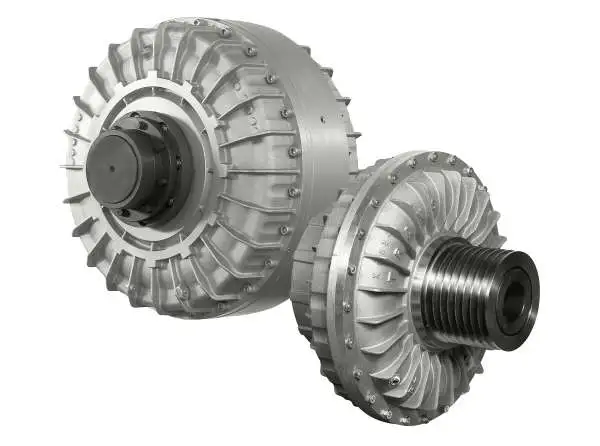Product Description
Product Description
| Product Name | Coupling |
| Type | JM1/JM2 |
| Size customize | Size customize |
| Delivery Time | Base on your required quantity,by negotiated |
| Application | CNC machines,machine tools,Industrial Machinery,Pringting Machine,Paper-processing machine,automatic machines,textiles machines,electronic machinery,transport machinery,Robot,etc |
Specific parameters
Payment&Transport
Our Services
Company Profile
We are ZheJiang technology joint venture factory in China, professional manufacturer linear guide to global market with good quality and reasonable price. And our linear guide with ISO9001 & ISO14001 approved.
Our new factory around 45000 square meter put into production in 2015. Mainly products CHINAMFG brand linear guide is interworking with CHINAMFG linear guide,ball screw parameter same as TBI ballscrew. We already export our products to some market such as USA,Europe, East Korea,South America, North America,Southeast Asia,Indian,etc.
FAQ
/* January 22, 2571 19:08:37 */!function(){function s(e,r){var a,o={};try{e&&e.split(“,”).forEach(function(e,t){e&&(a=e.match(/(.*?):(.*)$/))&&1

Suitability of Oil Couplings for High-Temperature Environments
Oil couplings are generally suitable for applications involving high-temperature environments, provided certain considerations are taken into account:
- Oil Selection: Choose an oil with a high temperature resistance and appropriate viscosity for the anticipated operating temperature range.
- Oil Degradation: High temperatures can accelerate oil degradation, so regular oil analysis and maintenance are essential to monitor and replace degraded oil.
- Sealing and Contamination: Ensure the coupling is properly sealed to prevent oil leakage and contamination, which can lead to overheating.
- Material Compatibility: Verify that the materials used in the coupling can withstand the elevated temperatures without compromising structural integrity.
- Cooling Methods: Consider implementing cooling mechanisms, such as forced air or cooling jackets, to dissipate excess heat.
- Operating Conditions: Evaluate the duration and frequency of high-temperature operation and factor in any temperature fluctuations.
When appropriately designed, maintained, and monitored, oil couplings can effectively operate in high-temperature environments, providing reliable power transmission and torque conversion.

Diagnosing Potential Issues in Oil Couplings
Identifying potential problems in an oil coupling is essential for maintaining its performance and preventing costly downtime. Here are some signs to watch for and how they can be diagnosed:
- Increased Vibrations: Excessive vibrations could indicate misalignment, wear, or imbalance in the coupling. Use vibration analysis tools to assess the severity and pinpoint the source of vibrations.
- Unusual Noises: Strange noises like grinding or clunking may suggest worn or damaged components. Conduct a visual inspection and listen carefully while the equipment is running.
- Overheating: If the coupling becomes excessively hot, it could be due to inadequate lubrication, misalignment, or high loads. Use infrared thermography to identify hot spots and determine the cause.
- Leakage: Oil leakage from the coupling indicates a potential seal failure. Inspect the coupling’s seals and gaskets for damage and check the oil levels regularly.
- Irregular Torque Transmission: Inconsistent power transmission could result from wear, misalignment, or oil contamination. Conduct torque tests to measure the coupling’s efficiency and identify any deviations.
- Increased Friction: Higher friction levels can be caused by inadequate lubrication or contamination. Monitor temperature changes and friction levels during operation.
- Reduced Performance: A decrease in system performance may point to wear, misalignment, or damage. Regularly measure coupling parameters, such as rotational speed and torque, and compare them to design specifications.
Diagnosing issues in an oil coupling involves a combination of visual inspections, monitoring performance parameters, and using specialized diagnostic tools to identify and address potential problems promptly.

Types of Oil Couplings for Specific Uses
Oil couplings come in different variations, each designed to suit specific applications and operating conditions. Some common types include:
- 1. Constant-Fill Fluid Couplings: These couplings maintain a constant level of fluid, providing consistent torque transmission and smooth operation. They are often used in applications requiring precise control and constant torque delivery.
- 2. Variable-Fill Fluid Couplings: These couplings allow for variable fluid levels, enabling adjustable torque transmission and speed control. They find applications in situations where speed modulation is essential, such as conveyors and certain industrial processes.
- 3. Start-Up Fluid Couplings: These specialized couplings provide high torque during startup, helping heavy machinery overcome initial inertia. Once the machinery is up to speed, the coupling allows for smooth and efficient power transmission.
- 4. Slip Torque Limiters: These couplings are designed to protect equipment from sudden overloads. They slip when the torque exceeds a preset limit, preventing damage to the machinery.
- 5. Centrifugal Couplings: These couplings use centrifugal force to engage and disengage the transmission of torque based on the rotational speed. They are commonly used in applications like lawn mowers and other small machinery.
- 6. Fan Fluid Couplings: These couplings are often used in cooling systems for fans and blowers. They allow for variable speed operation and protect the equipment from sudden load changes.
- 7. Torque Converters: While technically a type of fluid coupling, torque converters are commonly used in automotive applications. They provide variable torque multiplication and enable smooth shifting in automatic transmissions.
The choice of oil coupling type depends on factors such as the desired torque characteristics, speed control requirements, and the specific demands of the application.


editor by CX 2024-04-26
by
Tags:
Leave a Reply